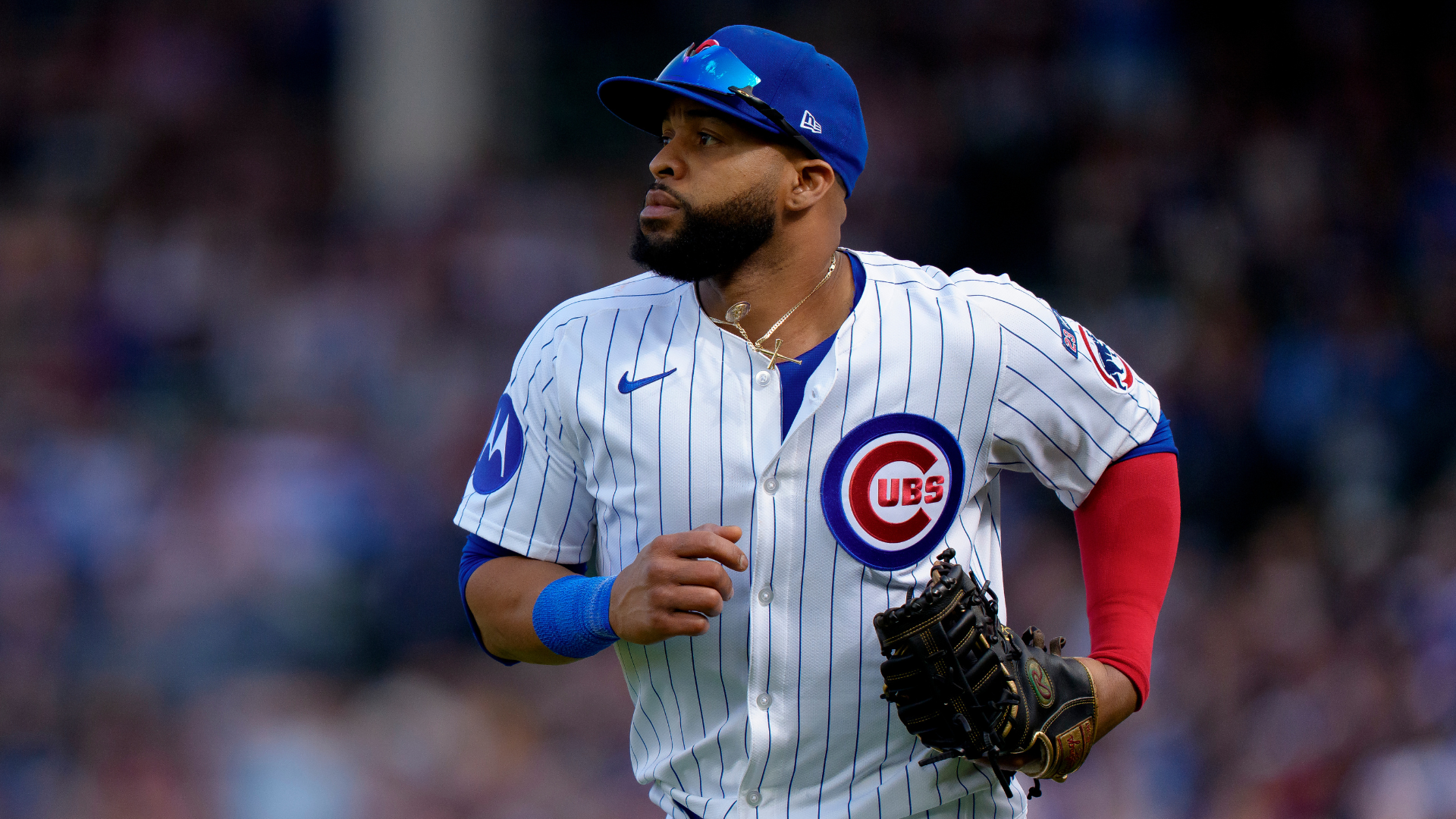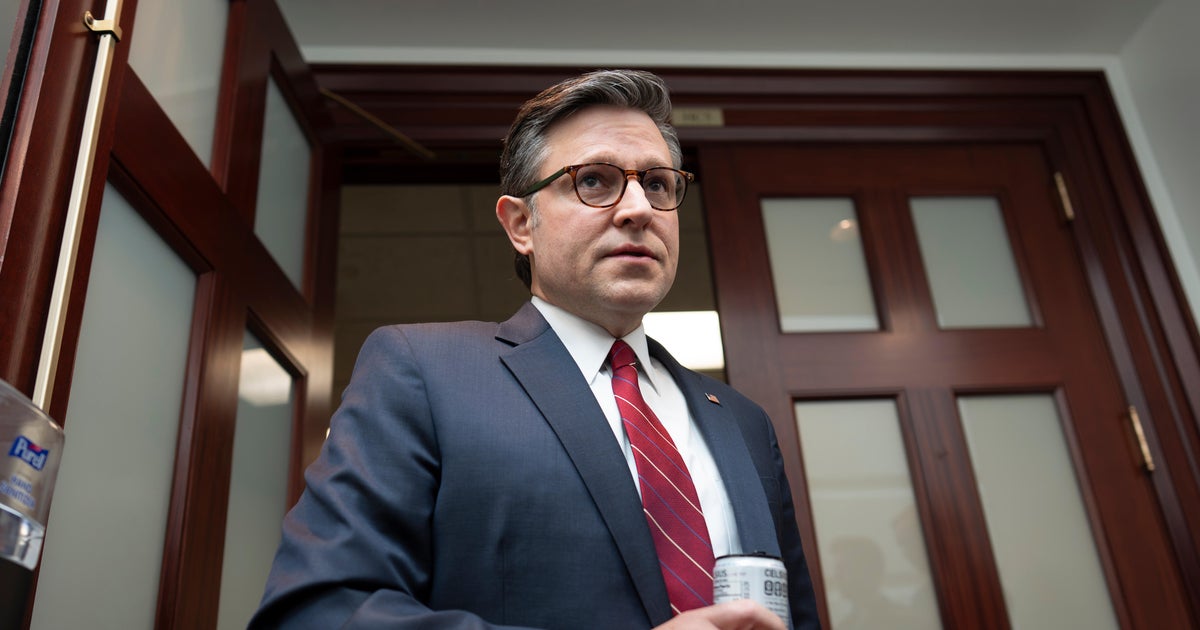

The director general of the International Atomic Energy Agency said that there was “no escaping significant physical damage” after a U.S. strike on the Iranian facility.
Centrifuges at the Fordo uranium enrichment plant in Iran are “no longer operational” after the United States attacked the site with bunker-busting bombs, Rafael Grossi, the head of the United Nations’ nuclear watchdog, said on French radio on Thursday.
Inspectors from the watchdog, the International Atomic Energy Agency, have been unable to gain access to the nuclear sites since the strikes. Mr. Grossi told Radio France Internationale in an interview that while evaluating the damage from the strikes using satellite images alone was difficult, given the power of the bombs dropped on Fordo and the technical characteristics of the plant, “we already know that these centrifuges are no longer operational.”
The centrifuges — giant machines that spin at supersonic speeds to enrich uranium — require a high degree of precision and are vulnerable to intense vibrations, he said. “There was no escaping significant physical damage,” Mr. Grossi said. “So we can come to a fairly accurate technical conclusion.”
He said, however, that it would be “too much” to assert that Iran’s nuclear program had been “wiped out” after the Israeli and American bombing campaign. Mr. Grossi noted that not all of Iran’s nuclear sites had been struck, and said Iranian officials had told him that they would take “protective measures” for the uranium they had already enriched.
Still, he said, the nuclear program has definitely suffered “enormous damage.”
He declined to say how far Iran’s nuclear program had been set back.
“Perhaps decades, in relation to what? In relation to what type of activity or objectives?” Mr. Grossi said when asked about comments made this week by President Trump at a NATO summit in the Netherlands.
“It’s true that with these reduced capacities,” he added, “it will be much more difficult for Iran to continue at the same pace as before.”
The comments from Mr. Grossi, the director general of the atomic agency, came amid questions over the effectiveness of the U.S. strikes on Iran’s nuclear sites.
Mr. Trump has insisted that the bombing “obliterated” the Fordo site, a position that some in his administration have continued to defend after the leak of a classified, preliminary U.S. intelligence report that found the attack had set back Iran’s nuclear program by only a few months. The C.I.A. director, John Ratcliffe, later said that the strikes had “severely damaged” Iran’s nuclear program.
On Thursday, Defense Secretary Pete Hegseth and Gen. Dan Caine, the chairman of the Joint Chiefs of Staff, gave more details about the planning and execution of the U.S. strikes. But they offered no new assessments of the damage inflicted on the sites or on the state of Iran’s nuclear program.
One of the main purposes of the U.N. watchdog is to monitor nuclear activity in Iran and other countries, including those that have signed on to the Nuclear Nonproliferation Treaty. But the agency’s relations with Iran were at a low point even before Israel attacked the country on June 13.
U.N. inspectors remained in Iran throughout the war but were not able to gain access to the nuclear sites amid the fighting. And it was not clear when or even if they would be allowed to do so again now that a cease-fire has taken hold.
On Thursday, Iran’s Guardian Council, which has veto power over legislation in the country, approved a bill passed by Parliament that suspends cooperation with the U.N. watchdog and bars its inspectors from the country.
But the fate of the new law — which would effectively block the international community from having oversight of Iran’s nuclear program — was still unclear.
The decision to enact it lies with Iran’s moderate president, Masoud Pezeshkian, who was elected on campaign promises to engage with the West and who has publicly signaled his willingness to return to the negotiating table.
As a signatory of the nonproliferation treaty, Iran is “required to have an inspection system,” Mr. Grossi noted in the interview. He urged the Iranian authorities not to “unilaterally” reject inspections, “because otherwise we’d be on the brink of another major crisis.”
Mr. Grossi, who said Iran’s cooperation with the U.N. watchdog before the war was “limited,” said that he had reached out to Iran’s foreign minister to discuss a potential return of agency inspectors to Iranian nuclear sites but had yet to receive a response.
Erika Solomon contributed reporting from Berlin.










-3.png)



